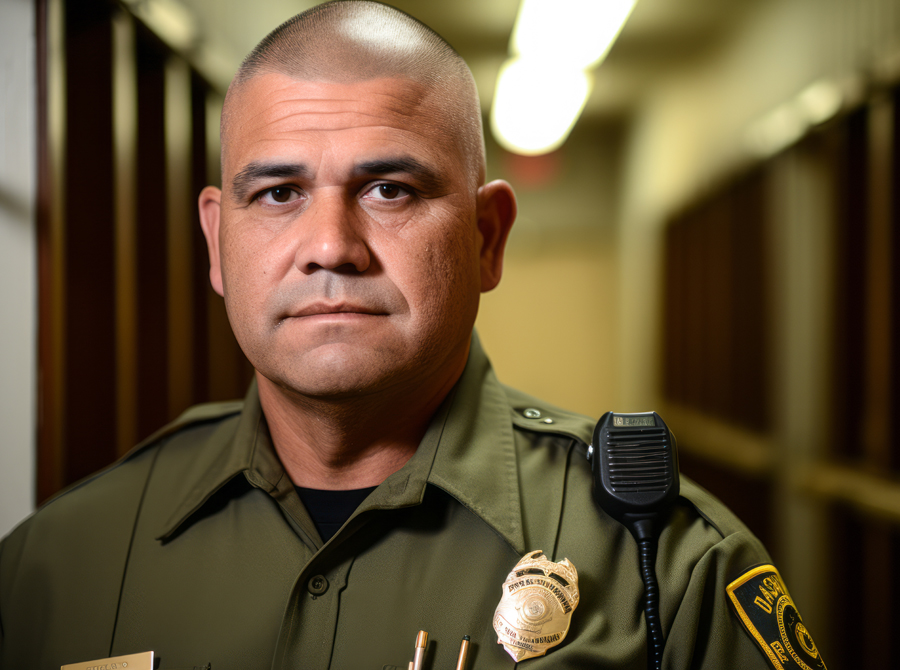Correctional officers are responsible for the conditions inmates experience during incarceration. But when do these conditions cross the line into unlawfulness? The case Olivier v. Baca, 913 F.3d 852 (9th Cir. 2019) discusses when jail officials may be held liable for subjecting inmates to unlawful conditions of confinement, particularly under the protections provided by the Due Process Clause of the Fourteenth Amendment.
The Role of the Due Process Clause
The Fourteenth Amendment’s Due Process Clause specifically protects pretrial inmates from being punished before they are found guilty. Jail officials cannot impose conditions that amount to punishment. This includes dangerous or unsanitary conditions that pose a serious threat to inmates’ health or safety. When conditions become excessively harmful or fail to meet basic standards, they may violate inmates’ due process rights.
Proving a Violation of Rights
To prove that their rights have been violated under the Due Process Clause, inmates must meet certain criteria:
- Objectively Serious Conditions: The conditions must present an objectively serious threat to the inmate’s health or safety. For example, overcrowded cells, unsanitary living areas, or the lack of basic hygiene and medical care could qualify as serious life threats.
- Unreasonable Officer Response: The officers’ response to the conditions must be objectively unreasonable. This means that given the circumstances, jail officials did not take appropriate steps to remedy or mitigate the harmful conditions.
- Knowledge or Reckless Disregard: It must be shown that officers knew about the dangerous conditions or recklessly disregarded the consequences of their inactions.
Factors Courts Consider
Courts generally defer to officers’ judgment when it comes to balancing security needs and inmate rights. However, courts will not defer to the officers when the evidence shows that jail policies were excessive, unnecessary, or unjustified given the security concerns. For example, if unsanitary conditions are unavoidable due to a temporary issue, jail officials may not be held liable if the conditions are proportionate to legitimate security needs and are addressed promptly. But if those conditions persist without justification or if they exceed what is necessary to maintain order, officials may face legal consequences.
Why This Matters
In the case of Olivier v. Baca, the court decided officers acted reasonably in response to widespread inmate disturbances when they kept an inmate in lockdown. But the case reminds us that jail officials are not immune from accountability when they allow harmful conditions to continue unchecked. By upholding the protections of the Due Process Clause, the courts ensure that pretrial inmates are not subjected to punishment before they are found guilty, and that jail officials take their responsibility seriously.
Maintaining a safe and humane environment is not only a legal requirement but essential in protecting the rights of those in custody. Jail officials must ensure they are adhering to both constitutional standards and practical safety measures to avoid liability for unlawful conditions of confinement.
Practical training on legal issues equips officers with the knowledge and skills needed to navigate issues like the conditions of confinement, ensuring compliance, and minimizing legal exposure. Jail Pro by PLS provides monthly caselaw updates on topics like this and much more. To learn more about Jail Pro, click here.


